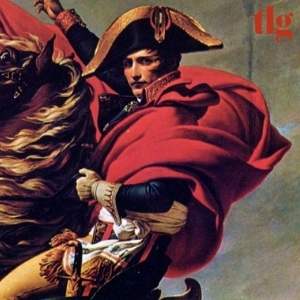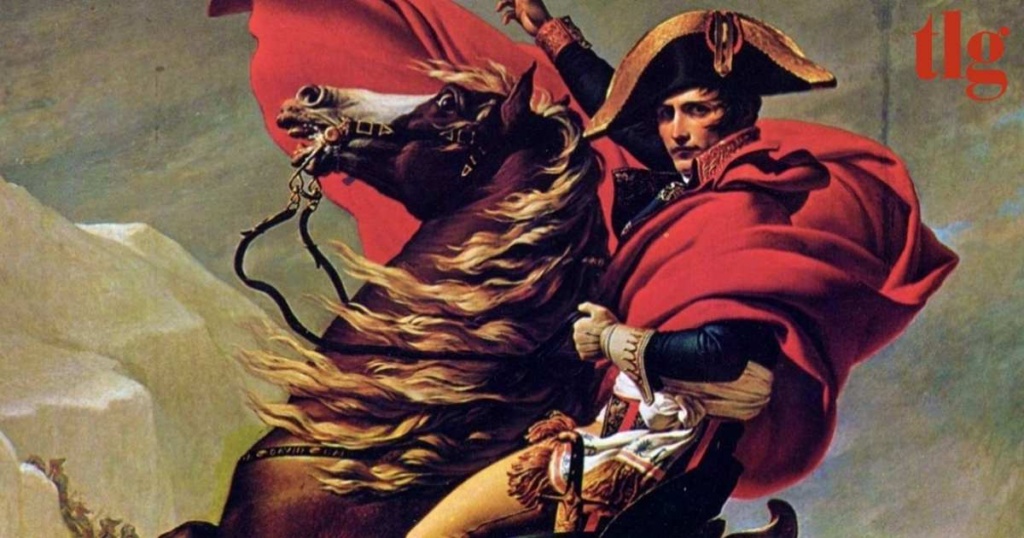

By Justin Stewart
Leadership Character Youth Coalition Summer Intern
Last month marked two hundred years since the death of Napoleon Bonaparte, so when I came across Andrew Roberts wonderfully written biography
Napoleon: A Life, I decided to give it a try. I’m fascinated by Napoleon’s story; a prominent military leader from a minor family who, through capable military strategy, rose through the leadership until he became the de facto ruler of France. As leader of France, Napoleon fought and won multiple wars against much of the other European powers and expanded his empire. Although he was and still is an extremely controversial figure, he was certainly one of the best military leaders ever. But what made him so effective? He was definitely very intelligent and very shrewd, but I believe that the key to his success as a leader was trust.
Inspiring Those Who Follow
Napoleon was able to inspire immense trust in those he led. He consistently endeavored to prove to his armies that he was worthy of their trust; he was always the first man out on the battlefield and he often put himself in danger in order to protect his army. Napoleon would frequently do the difficult and dangerous jobs himself so that others didn’t have to, and he always worked side-by-side with those he led. All these things showed his soldiers that Napoleon was a leader they could trust, and therefore they fought harder for him. When Napoleon gave an order, his army didn’t question it. They were happy to accept, always proud to stand by him.
But trust goes both ways. Napoleon was able to create strong loyalty because he made an effort to show the soldiers he led that he trusted them. When he gave an order, Napoleon trusted that the mission would get done; he was invariably confident that his armies could handle what he asked them to do. He was always open to feedback from his soldiers as well, showing them that he trusted their input, and he always gave his men credit and thanks for their accomplishments. This display of trust and recognition made sure Napoleon’s armies felt respected by their leader, and thus they kept a high morale and remained vastly loyal to him.
Trust in Yourself
Napoleon also mastered trust in another crucial area: He trusted himself. He very rarely showed signs of self-doubt. He was very ambitious and had very high-reaching goals, but he still trusted himself to achieve. Napoleon’s self-trust kept him confident in his decisions and allowed him to speak and act with a heightened level of conviction. He was aware of what he did and did not know, and so he sought advisors accordingly while always aspiring to learn more. His conviction in himself further inspired trust from his soldiers, and he was able to make decisions swiftly and decisively.
The reason Napoleon was able to build up such an unstoppable army is because of the trust between him and his soldiers. Trust is arguably the most important aspect of leadership. Without building trust between a leader and his or her team, the leader cannot and will not be as successful. Workers who don’t trust their leader will not work as hard or as efficient because they don’t believe in their work and are low in spirits.
When the trust is there, however, workers are inspired to work harder; they are more committed to their work and loyal to their leaders. Trust forms the foundations of any team, and it’s important for leaders to understand this. Although Napoleon is a controversial figure, it cannot be denied that he serves as a good example of an effective leader, in large part due to his ability to build trust. In this way, the leaders of today could learn a lot from his example.
Justin Stewart



